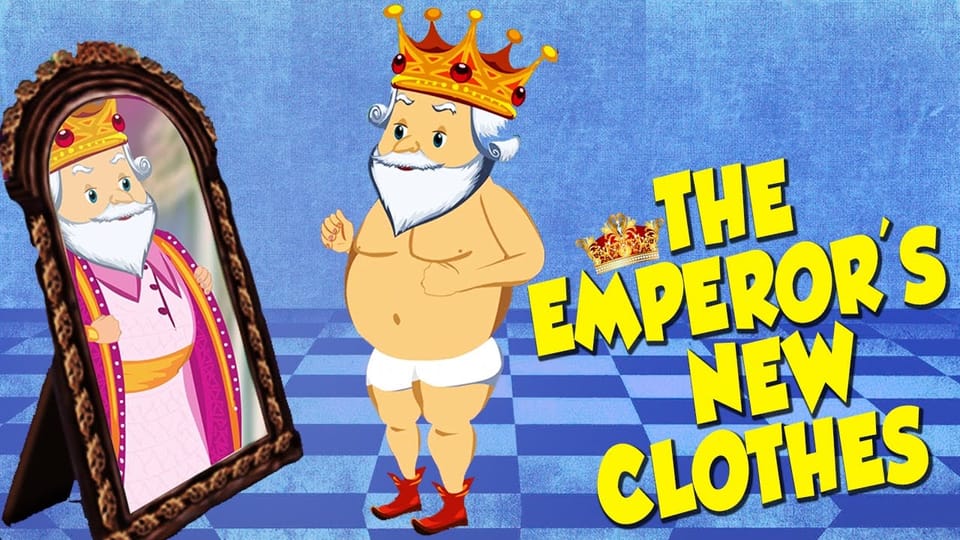Business Lesson: Be a Contrarian

Priceless
I had a friend who, when asked how he was doing, would say, “Better than below average.” I always found it hilarious–not just for the wordplay but for what it reveals.
A core tenet of mine is that you must believe things others don’t. You can’t be extraordinary without being extra ordinary. You can’t be normal, can’t be average, can’t settle for “better than below average.” Taking risks means you’ll either soar above or sink below the average. Great or awful–those are the only outcomes that matter.
Money Is Mental
Ever notice how your bank account always hovers around the same balance? You might earn more or spend more at times, but it somehow evens out. Unless you change something drastic. That’s because money is mental. Before you can change your money, you have to change your mind.
So what do you believe that others don’t? Here are three examples from my life.
College: A Bad ROI
Growing up, college was treated as inevitable: middle school leads to high school, and high school leads to college. Back then, no one cared much about what you studied–only that you graduated. Sure, if you wanted to be a doctor or lawyer, that made sense. But for the rest of us? Business administration, communications, or art history were all considered perfectly fine options.
I was a business major. I didn’t learn anything useful. By the time I was 18, I’d already worked full-time in sales, managed an office in another city, ordered products from China, written business plans, and taught myself accounting. The college curriculum felt irrelevant–basic at best and wrong at worst. But irrelevance wasn’t why I dropped out.
It was the cost. Another year of school would’ve been $26,000–plus rent, food, car expenses, clothes, entertainment, and books. And for what? To get a job?
My intuition told me that employers wouldn’t pay you well unless you already knew something valuable. And even if I was wrong about that, the bigger issue was the trend line. Decades ago, a high school diploma guaranteed a solid job. Then college became the new differentiator. But as the percentage of high school graduates going to college rose from 49% in 1980 to 70% in 2016, a degree stopped being special. Supply and demand.
Now, I know what you’re going to say: But Ray, college graduates earn more over their lifetimes than high school grads! Cool. Is the goal to be better than below average?
Tech Layoffs: The Emperor Has No Clothes
When I work in tech–from developer to CTO–I kept asking the same question: why are we making this so complicated? Over time, I found the answer: because we can justify it.
Just like college advocates can rationalize any tuition price, software engineers can rationalize unnecessary complexity in code or infrastructure. But I couldn’t.
• Why pay a designer $113,000 to create mockups for developers making $150,000, when we could buy a $50 template that works just as well?
• Why employ a six-figure product manager to write JIRA tickets and schedule meetings when they’re not talking to customers?
• Why have a team of seven when two or three would suffice?
Are there good designers, PMs, and QA specialists? Sure. Just like there are good colleges. But are they worth the price? Apparently not, because after mass layoffs across the tech industry, everything kept working just fine.
Jobs: The Unspoken Deal
At its core, a company only needs two things: a product and a customer. That’s an absurd oversimplification, but it’s true.
Here’s the deal no one tells you: in the U.S., we lack a strong social safety net, tight family structures, or robust community support. So, who steps in? Corporations. In exchange for showing up on time, looking busy, and being polite to your boss, you get biweekly paychecks, health insurance, and enough money for a car, house, spouse, and kids. Play your cards right (and skip the Starbucks), and you might even retire a millionaire.
But corporations are waking up. They don’t need most of us. The good workers will accept modest pay. The great ones can earn six figures if they make seven+ for the company. The rest? Redundant. Enter: layoffs, automation, and outsourcing.
Conclusion: Jump Out of the Pot
So, are you going to be the boiling frog, slowly cooked by a world changing around you, or are you going to jump out of the pot and make your own way?
You’ll need thick skin. When I said college wasn’t worth it, people told me I was wrong. Same for tech complexity. Same for jobs. No one circles back to say, “Hey, Ray, you were right.” They just move on to being wrong about the next thing.
Stop being wrong. Start being extraordinary.